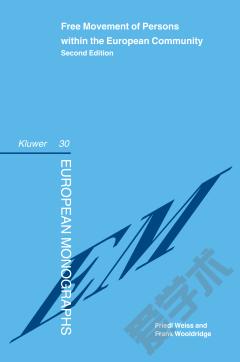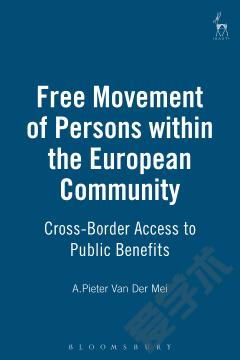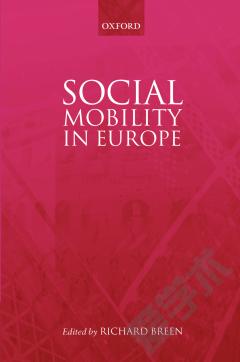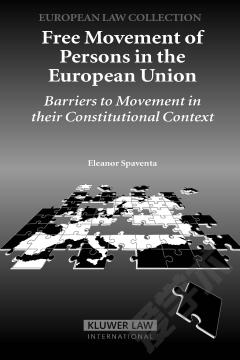Free Movement of Persons within the European Community
The European Communitys successes and failures in guaranteeing the fundamental right to free movement of persons continue to develop against the backgrounds of domestic civil rights and international human rights obligations. Although often justified merely in terms of economic efficiency, non-discriminatory rights and freedoms of movement can be seen as constituting an essential component of the legal foundation of all European projects, and as a powerful force in the forging of a new European identity beyond the traditional nation-state. The present volume—a revised and updated edition of the important work first published in 2001—provides a comprehensive, up-to-date overview of European law on the movement of persons. Its scope encompasses doctrinal basis, institutional framework, legal compliance, judicial development, and derogation on such grounds as security and health. The authors, both well-known experts in the field, comment extensively on matters including visas, free movement of workers, freedom of establishment for companies in the context of taxation, posted workers, harmonisation of professional qualifications, European citizenship, freedom to provide and receive services, agreements between the European Community and other states concerning free movement, and the rights of families and individuals to housing and education, as well as the increasingly important topic of the rights of third country nationals. In addition to providing analysis of the relevant provisions of the European Community Treaty as amended by subsequent treaties including the Treaties of Amsterdam and Nice, the book takes considerable account of all relevant secondary legislation and sometimes soft law, for example draft treaties, resolutions, and draft legislation. All of these perspectives—legislative and judicial, at domestic, EC and international levels—are here fully updated, with special attention to the far-reaching implications of the recent Residence Directive. In this new edition the authors clearly articulate what has been gained in recent years, and also consider what obstacles remain and what future developments might take place in this area of Community law. For these reasons and others, Free Movement of Persons Within the European Community, Second Edition, will continue to be of great value to legal practitioners, officials of the EC and other economic unions, academics, and students as well as to the wider public interested in the process of European integration.
{{comment.content}}








 京公网安备 11010802027623号
京公网安备 11010802027623号